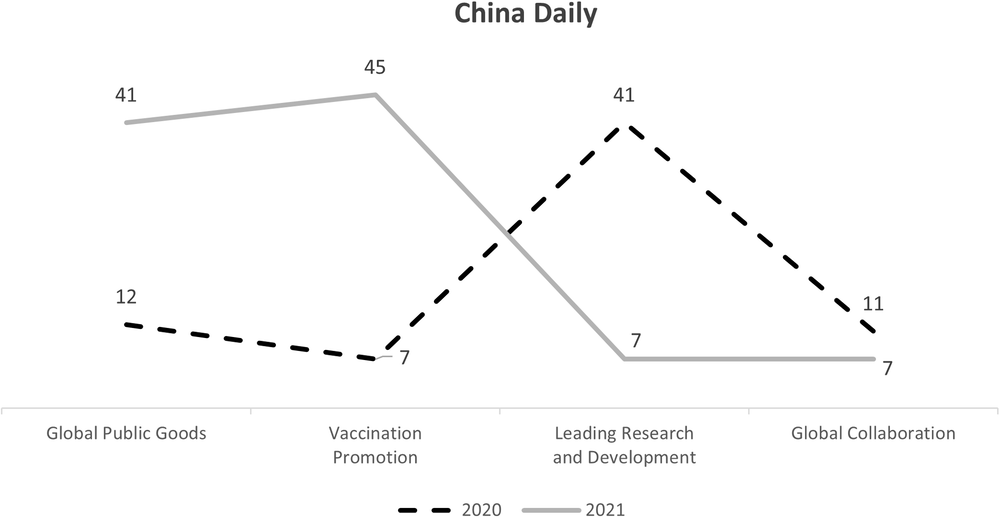Global Perception Shifts: Over 100 Nations Favor China's Leadership Over Trump's Approach

A recent article by Adam Posen in Foreign Affairs, highlighted by prominent China expert Kaiser Kuo, suggests a significant re-evaluation of the United States' role in providing global public goods since the postwar era. Kuo, host of the Sinica Podcast, described Posen's analysis as "a fantastic piece of sense-making using a very smart metaphor for the US provision of public goods in the postwar period: insurance." He emphasized that "Trump's undoing of this, his extractive approach, hurts traditional US allies most."
Historically, the United States established and maintained a liberal international order, acting as a provider of global public goods, metaphorically akin to an "insurance policy" for stability and prosperity. This approach, which included fostering alliances, promoting free trade, and building international institutions, underpinned global security and economic growth for decades following World War War II.
However, the Trump administration's "America First" foreign policy marked a notable departure from this long-standing tradition. This shift involved questioning the value of alliances, initiating trade disputes, and withdrawing from multilateral agreements such as the Paris Climate Accord and the United Nations Human Rights Council. Experts like Elizabeth Economy have noted this as a collapse of implicit understandings that previously guided U.S. foreign policy, leading to a more confrontational stance.
This change has had a tangible impact on global perceptions of American leadership. According to a Democracy Perception Index survey, by 2025, Xi Jinping and China are viewed more positively than Donald Trump and the United States in over 100 countries. Kurt Campbell, a former Assistant Secretary of State, observed that the U.S.-China relationship has "deteriorated to perhaps its lowest ebb since normalization in 1979," leading to intensifying competition across various domains.
The perceived unreliability of the U.S. under this new approach has prompted traditional allies to re-evaluate their foreign policy alignments. While US officials like Deborah Seligsohn acknowledge that US withdrawals from international bodies left a void, Chinese officials often interpret US policy shifts as attempts to contain China. This dynamic has created a complex geopolitical landscape, where countries are increasingly maneuvering between the two major powers. The long-term implications for global governance and the international order remain a central concern for policymakers worldwide.